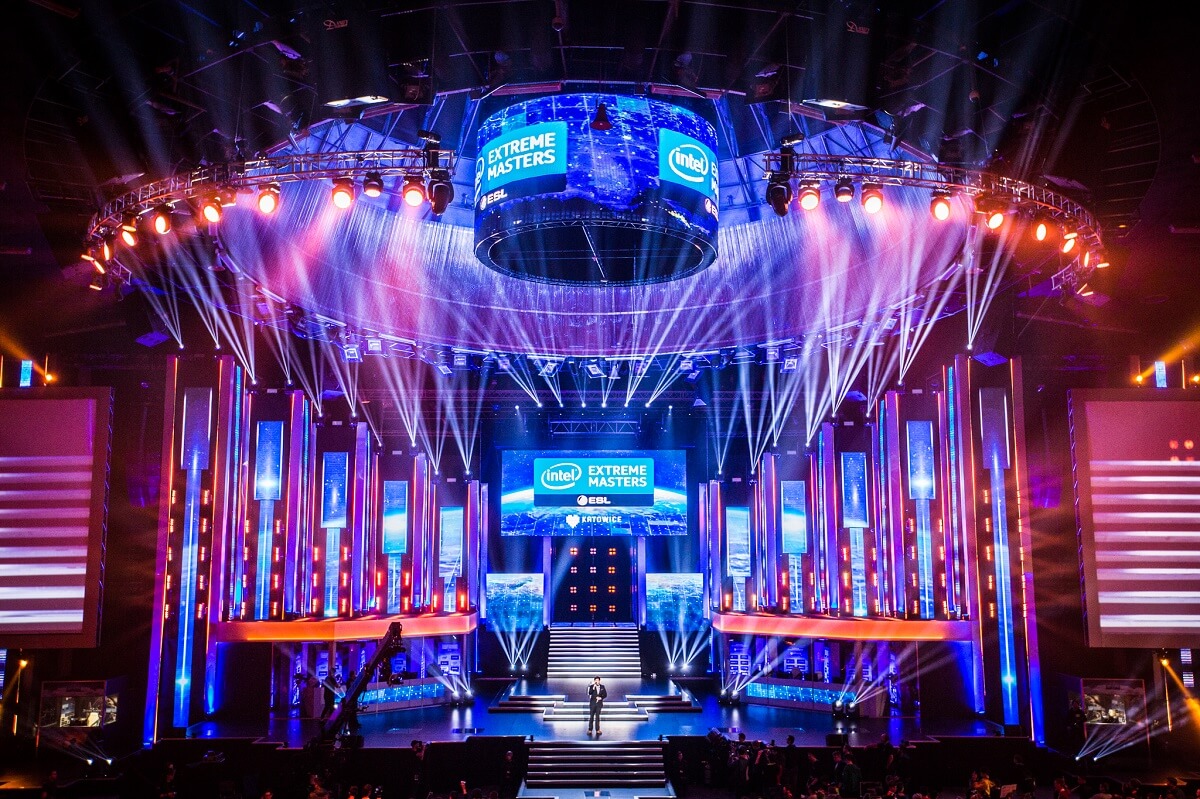Nielsen made its name measuring the TV and media business, making it measurable for advertising. Now it is announcing Nielsen Esports, a new business focused on competitive gaming.
The esports industry is expected to generate $696 million in 2017 (according to market researcher Newzoo), but that is far smaller than traditional sports. One of the big differences between esports and traditional sports is broadcast revenues. And one of the keys to boosting broadcast revenues is measuring the reach of the broadcast properly, said Greg Richardson, CEO of esports Team Dignitas (owned by the Philadelphia 76ers basketball team), in an interview with GamesBeat. Nielsen’s entry into this business is part of the quest for esports to reach greater legitimacy and higher revenues.

Unlock premium content and VIP community perks with GB M A X!
Join now to enjoy our free and premium membership perks.
![]()

![]()